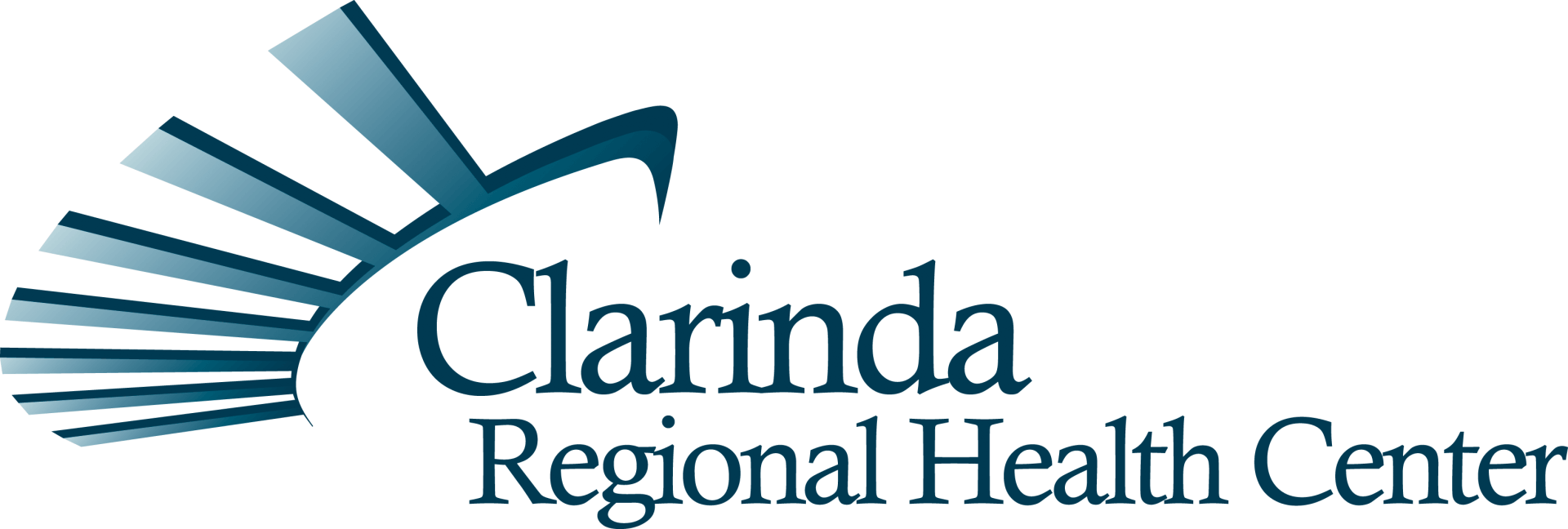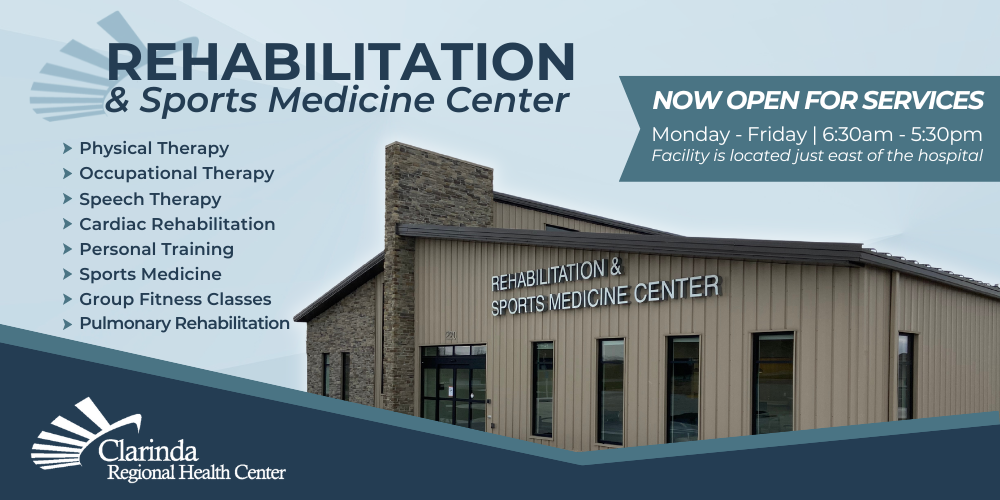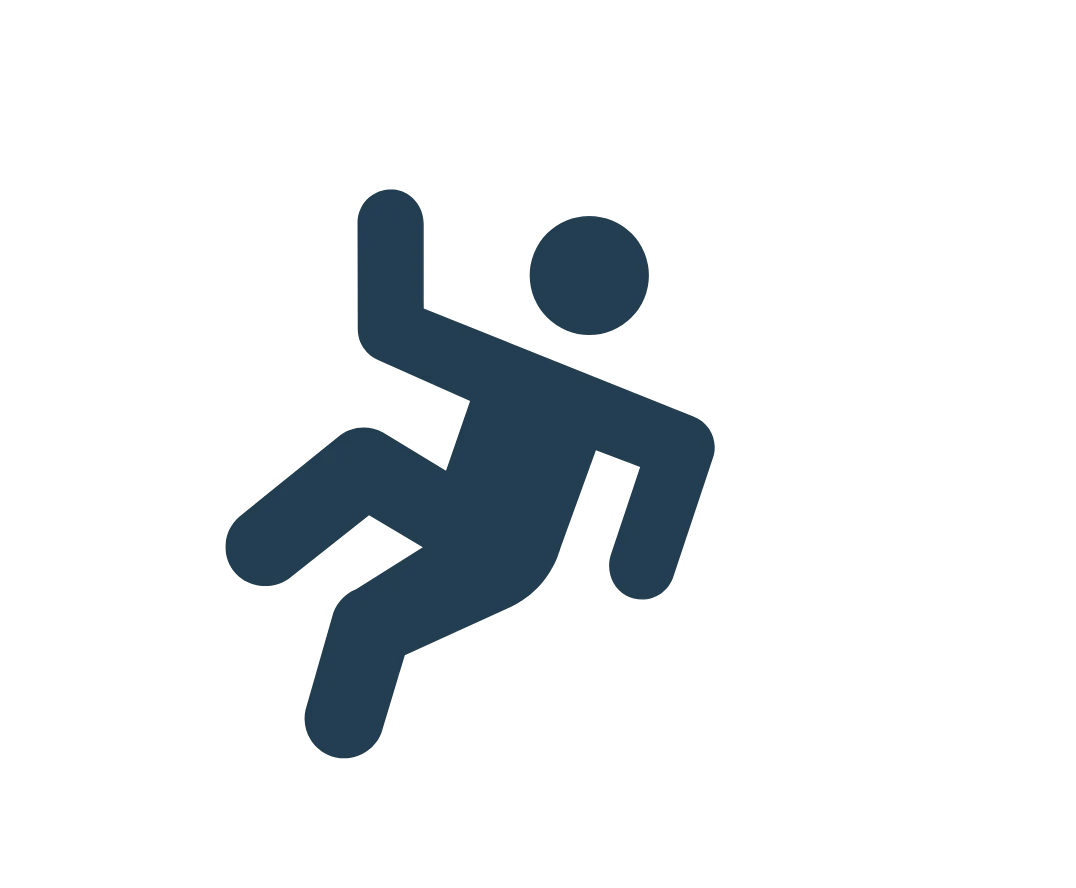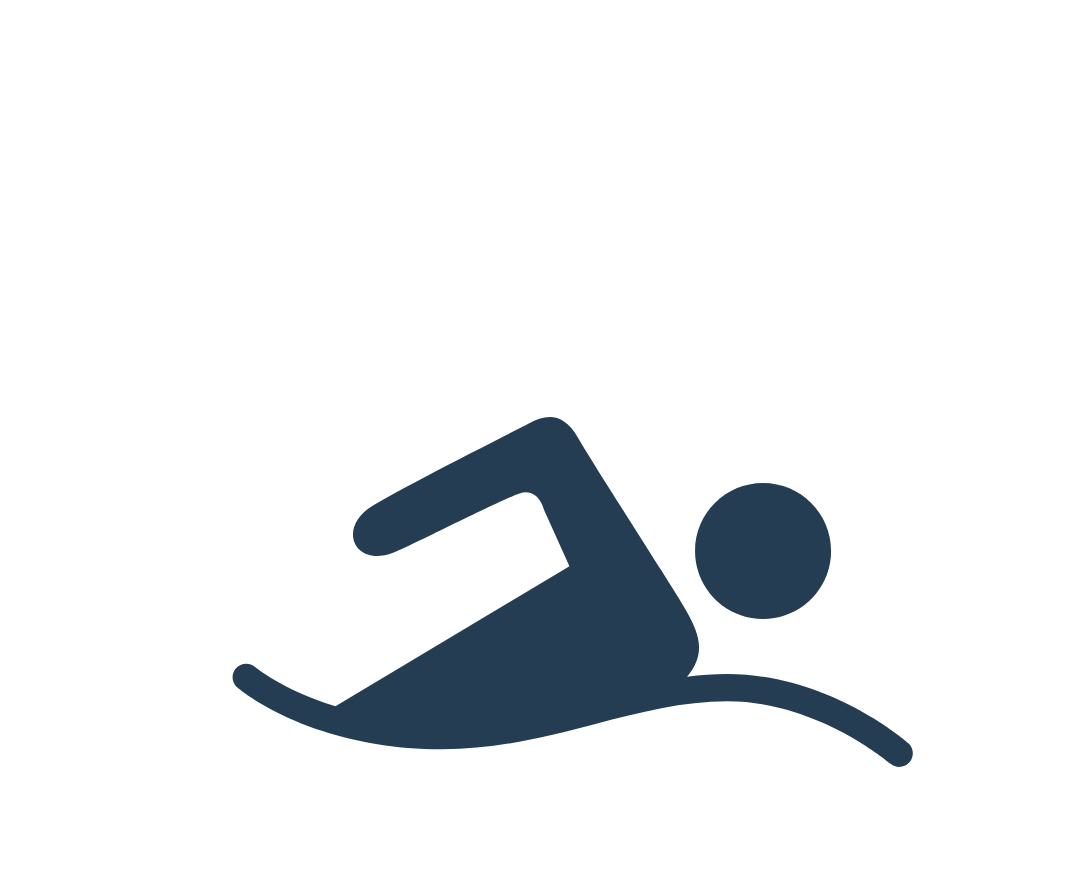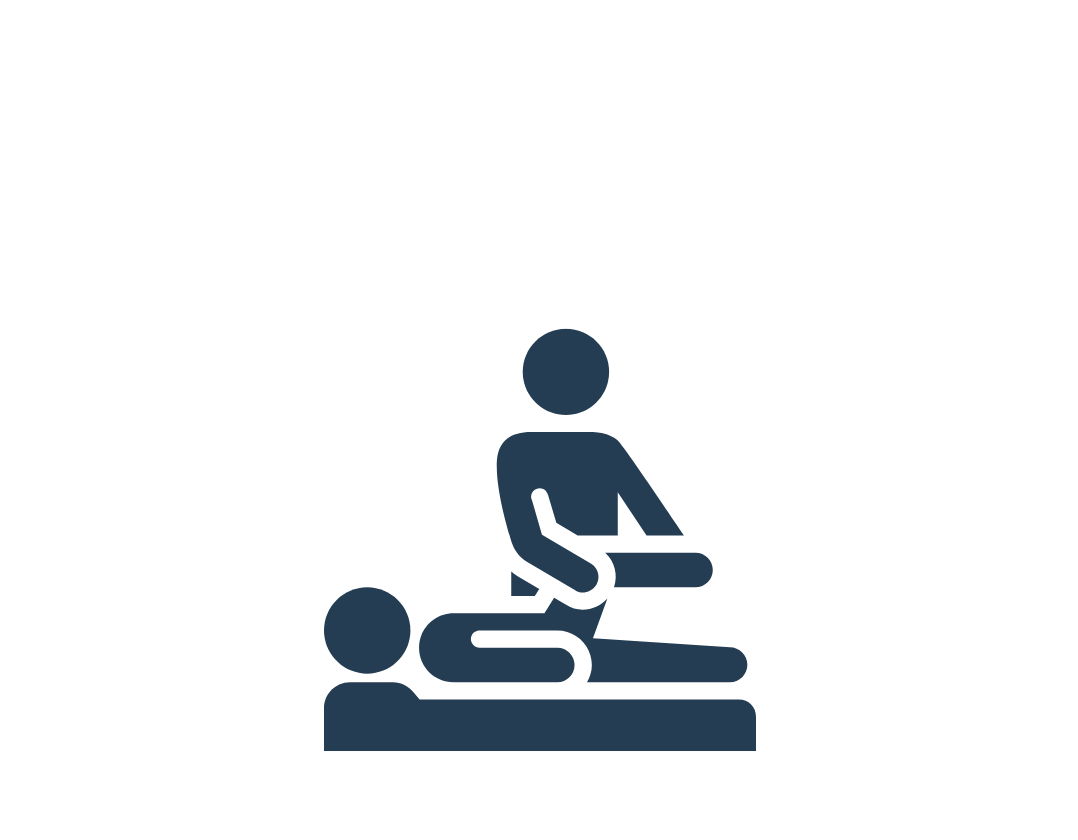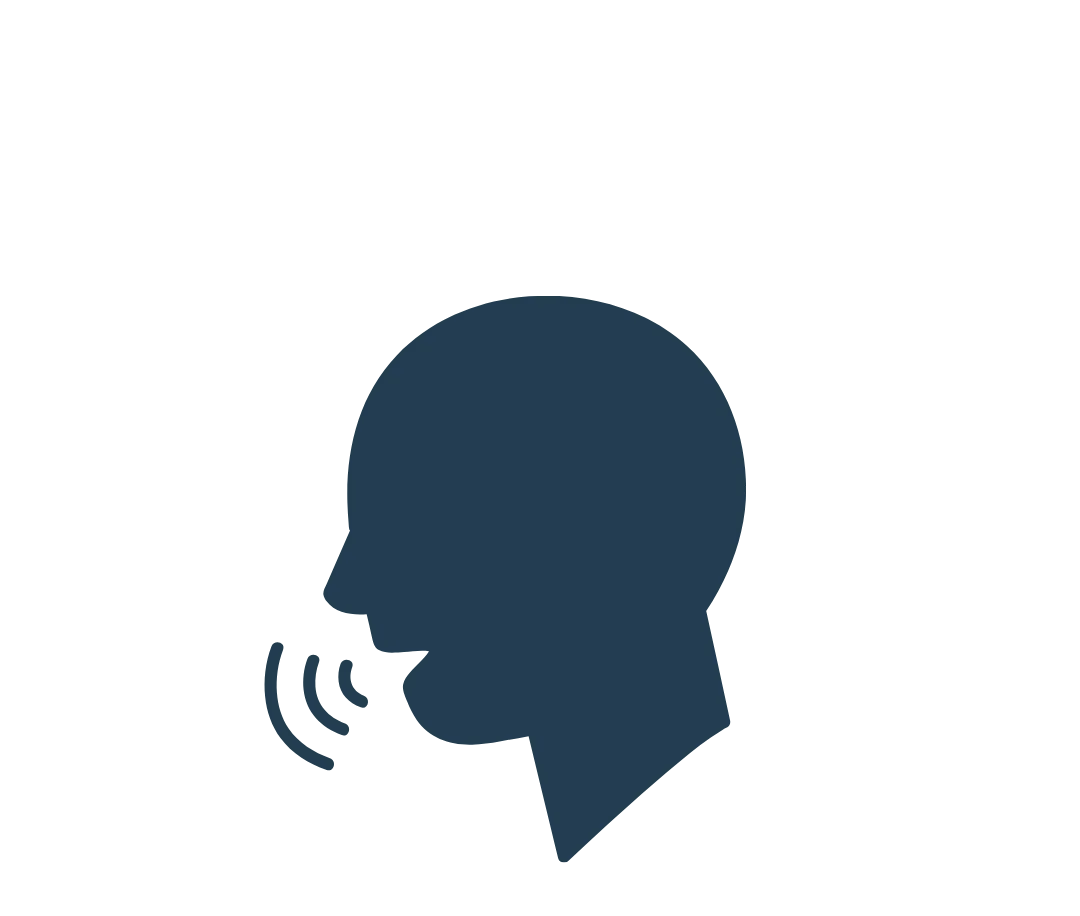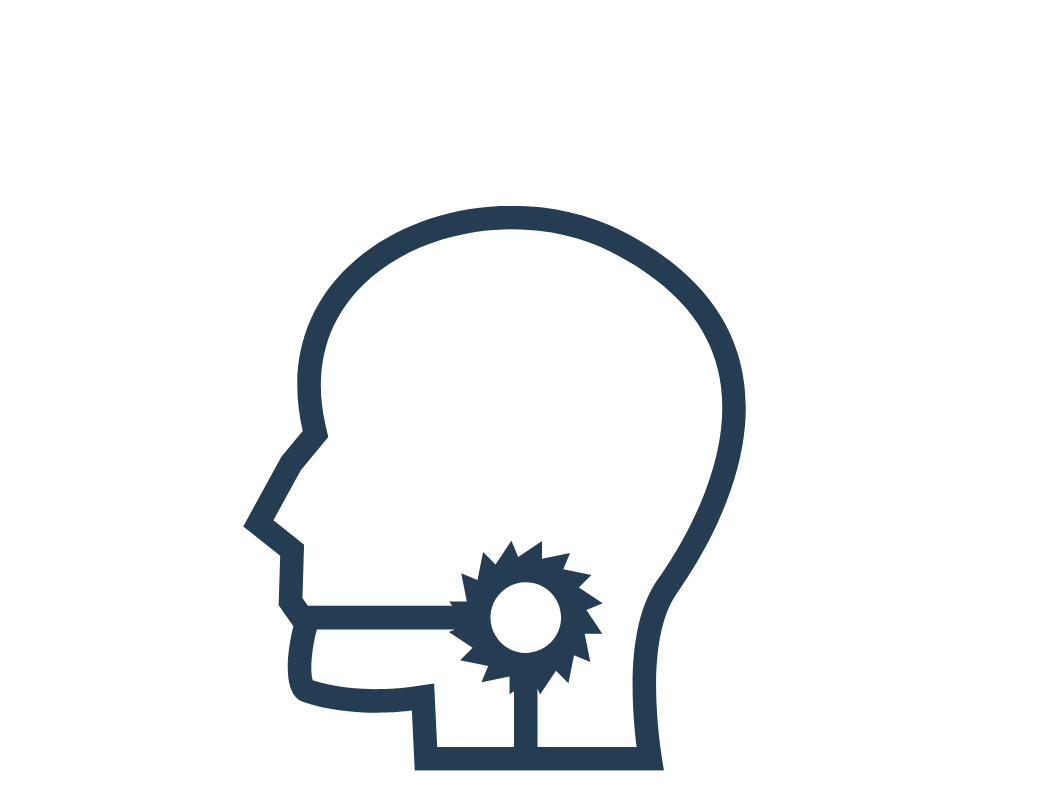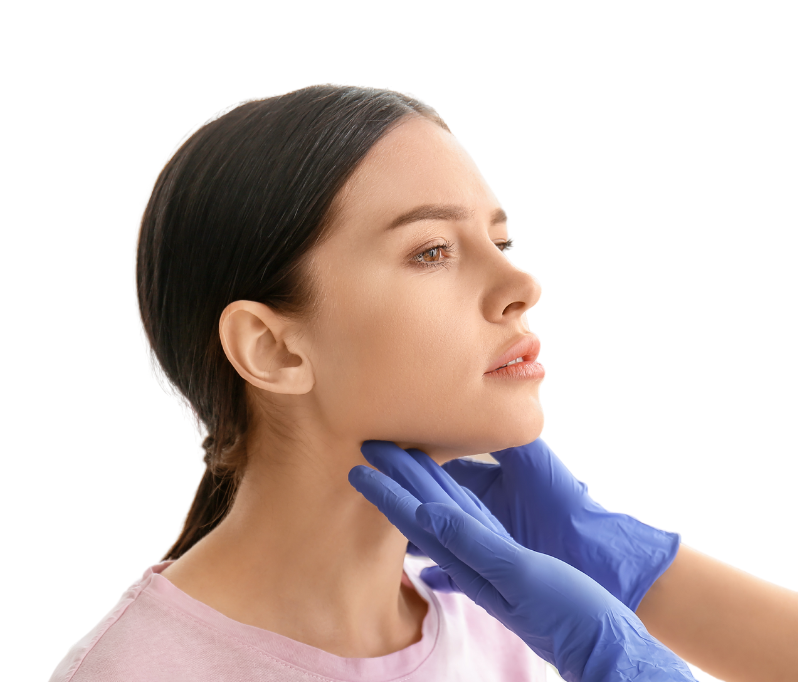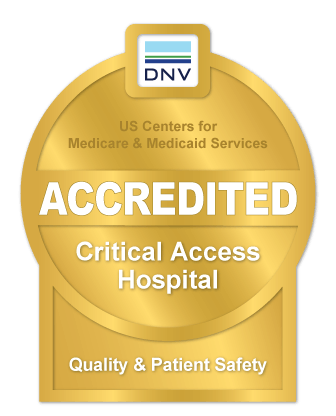Therapy Services

The Clarinda Regional Health Center (CRHC) Rehabilitation & Sports Medicine Center offers a variety of services, including physical therapy, occupational therapy, and speech therapy to assist you on your wellness journey. Our licensed therapists use the most up-to-date, evidence-based practices to create an individualized recovery plan for each patient to help them improve range of motion, increase strength, and manage pain.
Each personalized program begins with a thorough evaluation, including a review of your medical history and assessments of:
► Strength
► Range of motion
► Functional mobility
► Pain
► Balance
► Gait
► Sport/Work related tasks
► And more
Your goals for recovery are important to us, and each of our interventions are tailored to get you back to where you want to be. From pediatrics to geriatrics, the therapists at CRHC are here for you. Whether you have suffered a recent injury, undergone surgery, or simply want to improve your overall health, stop in or give us a call to see how we can help.
For questions or scheduling questions call the Rehabilitation Department at (712) 542-8224. The department offers flexible scheduling options Monday-Friday 6:30 am-5:30pm.
Physical Therapy Services are now available at Bedford Family Health Center!
Physical Therapy
Physical therapy serves as a conservative treatment option to improve pain, strength, and mobility to return patients to their everyday activities without limitation. Physical therapists are licensed health care professionals and movement specialists who diagnose and treat patients with hands on interventions including manual therapy, exercise prescription, patient education, and more. Physical therapy will focus on enabling patients to achieve their goals including returning to sport, work, or performance of daily activities resulting in improved quality of life.
Pre-habilitation & Post-operative Care
- Strengthening prior to surgery to improve post-operative outcomes
- Treatment post-operatively to return patients to prior level of function
- We offer a Physical Therapy to Personal Training Program. Learn more about it here.
Dry Needling
- Insertion of monofilament needle into trigger point to help improve range
- Can help alleviate tension headaches, address tendonitis, and improve overall muscle function
- Check out our Dry Needling Handout!
Occupational Therapy
Occupational therapy strives to enable individuals of all ages to develop the skills they need for success in everyday life where they live, learn, work and play. OT’s help to maximize function with education and promotion of strength, mobility, self-care, compensatory techniques and independence. OT has a strong emphasis on client centered practice - incorporating patient goals into all treatment plans!
Aging in Place
- Education to help patients remain at home as safely as possible
- Home modifications, including ramps, shower chairs, grab bars, bed rails, etc.
- Caregiver training with use of adaptive equipment
- Fall prevention at home
- Teaches strategies for independence with self-cares
Driver’s Off-Road Assessment (DORA)
- Evaluates cognition, understanding of road laws, reaction time, balance, vision, etc.
- Provides useful information to determine a patient’s ability to drive
- Referral to certified driving specialist if needed
Wheelchair Evaluations
- Assessment of patient needs to fit them with best possible wheelchair
- Education on manual and power wheelchairs, proper cushion type
- Work with vendors for Medicare process, including wheelchair evaluation to supplement physician documentation
Lymphedema Management
- Certified in Comprehensive Lymphedema Management
- Education on self-management strategies
- Edema wear fitting
- Manual therapy to decrease swelling and patient pain
- Learn more about our Wound Care Services and team members
Ergonomics & Return to Work
- Modification of workspace environment to decrease risk of injury
- Assessment of required physical duties to ensure proper form and safety
- Adaptation of activities and modifications of environment
Pediatric Intervention
- Handwriting skills
- Juvenile arthritis – joint protection and individualized home exercise program
- Early intervention for developmental disabilities
- Sensory and behavior issues
- Caregiver training
- SOS Feeding Therapy
Neurological Rehabilitation
- Facilitate movement of the upper extremity and trunk after stroke
- Address impairments in fine motor coordination
- Cognitive, sensory and visual perceptual interventions
Speech Therapy
Speech-language pathologists or speech therapists are licensed health professionals who work with individuals with communication and swallowing disorders across the lifespan. The goal of speech therapy is to ensure that individuals can communicate effectively to successfully participate in meaningful activities. Speech pathologists do this through careful assessment and development of treatment plans that cover the various domains of communication. These include cognition and language, speech production, voice, fluency, reading and writing skills, and alternative modes of communication. For a list of reasons you or someone you know may be referred to see a SLP, check out this informational handout here.
Voice Therapy
- Thorough assessment of a patient’s voice production skills. Assessment typically includes referral to or from an ear, nose, and throat physician or laryngologist.
- Treatment of voice disorders that affect quality, pitch and volume of the voice.
Alternative & Augmentative Communication
- Assessment of other modes of communication that can support or replace natural speech
- Fitting and selection of low-tech or high-tech systems to support communication
- Development and training the use of communication systems to facilitate functional communication
Neurological Rehabilitation
- Thorough assessment of speech and language disorders as a result of stroke or brain injury
- Creation of rehabilitation program based on identified impairments in speech, language, and cognition
- Patient and caregiver training on compensatory strategies or environment modifications to support successful communication
Cognitive-Linguistic Therapy
- Treatment of swallowing disorders due to various medical conditions, such as stroke, head and neck cancer, etc.
- Development of rehabilitative programs to improve swallow skills
- Compensatory strategies training to ensure safe oral intake
CRHC Now Offers FEES procedure
A Fiberoptic Endoscopic Evaluation of Swallowing - performed by a Speech Language Therapist - to access a person's ability to swallow.
What is fiberoptic evaluation of swallowing (FEES)?
Is a procedure used to assess how well you swallow. During the procedure, a speech-language pathologist (SLP) passes a thin, flexible instrument through your nose. The SLP can view parts of your throat as you swallow.
Why might I need a FEES test?
You may need this test if you having trouble swallowing, which is referred to as dysphagia. A FEES procedure can help a Speech Language Pathologist identify what parts of your throat and mouth might not be working well.
Who do I talk to if I want a FEES test performed?
If a swallowing difficulty is identified, discuss the issue with a primary care provider. The provider would then refer you to an SLP to determine if FEES is appropriate for your situation.
